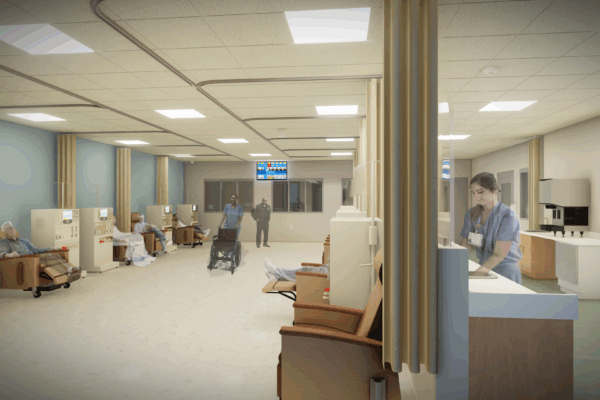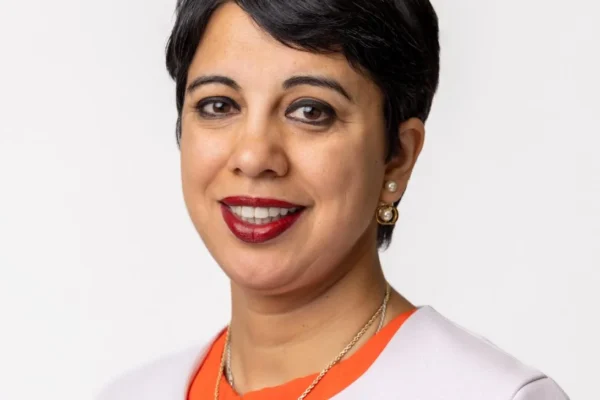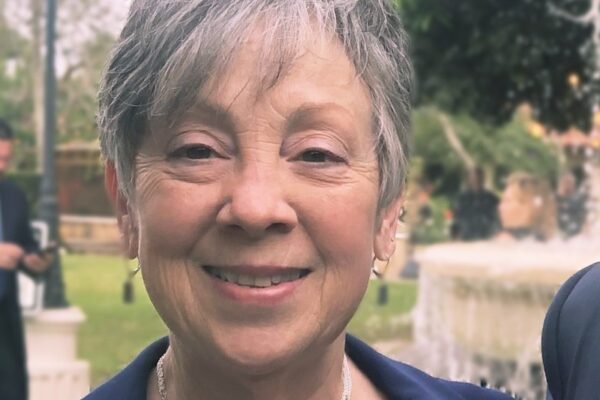
Artificial Intelligence in Prison Healthcare
As artificial intelligence (AI) begins to shape every aspect of correctional systems, healthcare stands out as one of its most promising yet complex frontiers.

As artificial intelligence (AI) begins to shape every aspect of correctional systems, healthcare stands out as one of its most promising yet complex frontiers.

As of spring 2024, 1.8 million people were incarcerated in the U.S., according to data from The Sentencing Project, an increase of 400,000 people since 2019 according to numbers from the Vera Institute for Justice.

Annette Chambers-Smith, director of the Ohio Department of Rehabilitation and Correction, has been appointed chair of the Correctional Leaders Association’s Healthcare Committee.

Cell-Guardian™ is a zero-touch monitoring system that continuously tracks inmate vital signs—heart rate, respiration and temperature—along with movement for fall detection.

Reetika Dhawan, CEO of Arizona Western College’s entrepreneurial division and vice president of Workforce & Healthcare Programs, has been appointed to the Arizona Department of Corrections, Rehabilitation & Reentry’s (ADCRR) Director’s Advisory Committee.

The National Commission on Correctional Health Care (NCCHC) has released updated guidelines aimed at improving medical treatment for substance-use disorders in jails, incorporating the latest research and best practices to address the ongoing opioid crisis.

Deborah Shelton, Ph.D., has been appointed chair of The National Commission on Correctional Health Care (NCCHC) Nursing Advisory Council.

Falcon Inc., a nationwide consulting and management firm in the justice, healthcare and safety sector, has named Todd Ishee as a senior expert.

Shannon Herklotz has been appointed executive chief of detention for the Tarrant County Sheriff’s Office in Tarrant County, Texas.

Bexar County, Texas, officials have requested $60 million in state funding to renovate seven buildings within the San Antonio State Hospital complex.